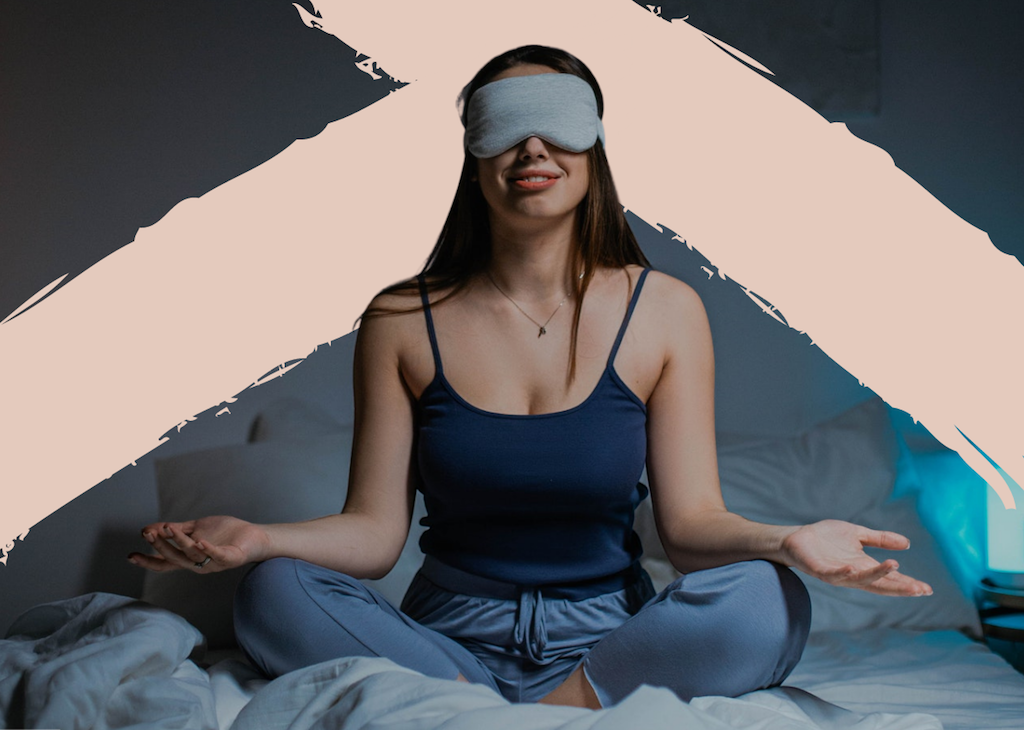Let’s put it simply; staying in a hotel room is, more often than not, one of life’s most simple but greatest pleasures.
But just why is a straightforward sleep in an unfamiliar bed so enjoyable? Well, the design of a hotel room is part science and part interior design, which marry together for the ideal night’s sleep.
However, regardless of how plush the pillows or how high the thread count, research shows that people struggle to sleep on the first night of adapting to a new environment. Not only does it take them longer to fall asleep, but they have less REM sleep (the stage in which dreams occur) and have less sleep overall.
So, to help stop this from happening and to ensure you get the very most from your next night away, we’ve spoken to the experts and insiders, the guys who know hospitality inside from out, upside and down, to bring you these secrets on how to get a good night’s sleep in a hotel.
Ask For A Room On A Higher Level & Away From Any Lifts
When booking your hotel, consider requesting a room that’s on a higher level as that way you’re less likely to be disturbed by street-level noise, or noises coming from the hotel’s lobby or bar. You should also make sure to request a room that’s away from the lift, as this is also prone to making noise that can keep you awake.
If Something Is Keeping You Awake In Your Room, Request A New One
Whilst being overly polite is a very British habit, you should never feel like you can’t complain about your room to the hotel lobby. Perhaps the heating system in your room is broken or there’s a noise coming from the ventilation system that’s keeping you awake. If this or a similar scenario is the case, speak to the lobby and ask if you can be moved. In any reputable hotel, they’ll appreciate the feedback and be keen to put matters right.
Read: 8 insider tips for scoring a hotel room upgrade

Cover Up Blue & Red Light
Blue and red lights from electronic devices can significantly disrupt your sleep by interfering with your body’s natural circadian rhythm. To ensure a restful night, cover any light sources in your hotel room. This includes the standby light on the television, the indicator lights on smoke alarms, vape detectors for hotels that might be blinking, and any other electronic devices that emit light. You can use a small piece of masking tape or a sticky note to cover these lights. By eliminating these distractions, you’ll create a darker, more conducive environment for sleep.
Turn Your Air Conditioning To This Temperature Two Hours Before Bed
Being too hot or too cold can disrupt your sleep so try and pick a room that has an air conditioning system, so you are in control of the temperature. At least two hours before bed, set it to 15.6 to 19.4 degrees celsius as this creates the perfect sleep environment.
Read: How to create the IDEAL environment for sleep in 5 simple steps

Ask The Hotel For Special Requests
A little personalisation can go a long way in creating the perfect sleeping environment away from home. For example, did you know that some hotels have different pillows that are available via request? Perhaps you prefer an extra-firm pillow, or a hypoallergenic pillow if you suffer from dust allergies – so just ask.
Similarly, if you find that your mattress is too hard, you could ask if they have anything to soften the sheets, such as a thick blanket. Or you could ask if there’s a recently renovated floor you could sleep on instead, as they’re more likely to have a newer mattress.
Read: 6 tips for achieving that 5 star hotel bed at home this summer
Try This Deep Breathing Technique
If you have trouble falling asleep when away from home, you should try a breathing technique to help your mind relax. Known as the 4-7-8 technique, you should exhale completely, inhale quietly for four seconds, hold your breath for seven seconds then breathe out for eight. If you repeat this process four times, your lungs will take in a large amount of air, therefore, allowing more oxygen into your body and creating a deeper sense of calm.

Don’t Let There Be Light
Did you know that light is the most important external factor that can impact your sleep? This is because light plays a central role in regulating your body’s internal clock (known as your circadian rhythm) and signals to your brain when you should be awake and when you should be resting. With this in mind, you should start dimming your lights or using more ambient lighting at nighttime so that by the time you get to bed, your room is virtually black.
If blinking lights on televisions or alarm clocks disturb you, you should also pack a small roll of masking tape to cover these light sources. Alternatively, a bulldog clip can be used to pinch hotel curtains that let in bright shafts of light in the morning.
Stick To Your Usual Sleep Schedule
One of the best ways to ensure a good night’s sleep at a hotel is to maintain your regular bedtime routine. If you wash your face before bed or like to journal, bring these items with you and carry out your bedtime routine as normal. Also, going to bed and waking up at your normal time also helps regulate your circadian rhythm – just as blocking out light does.
And with that, we can’t wait for our next stay in a hotel…. As long as we remember to request a wake-up call!





